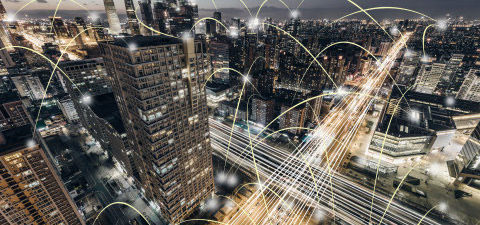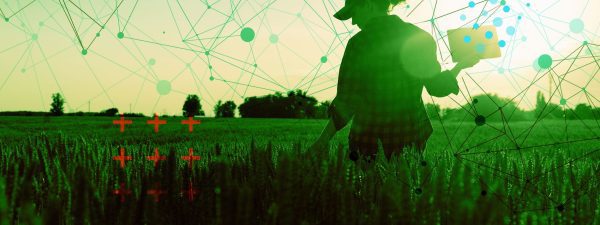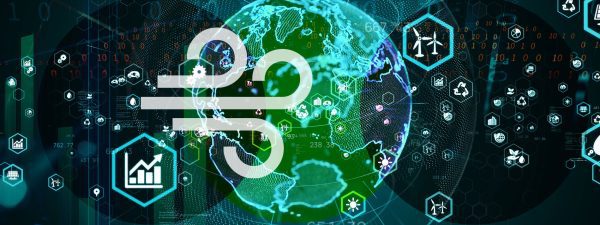The Internet of Things (IoT) is permeating a wide range of industries at a rapid pace. We have seen how new innovations have made healthcare more accessible to patients and more accurate for healthcare practitioners. The Internet of Industrial Things (IIoT) allowed business owners to automate their systems, enhance worker safety, and boost overall productivity and efficiency.
Another crucial player in the IoT market is the energy sector. This industry is essential for global and national response and recovery efforts, despite it being significantly affected by the COVID-19 pandemic.
Here are some ways that IoT in the energy market will continue to expand.
Smarter and greener solutions
According to Mordor Intelligence, IoT will make a significant impact in the energy sector. The use of IoT will cut costs, thanks to its capabilities in “monitoring the temperature of a room using sensors, to complex applications that are used to control the energy use of an entire building.”
Because natural resources are vastly depleting and there is a large wastage of energy, different nations around the world have innovated solutions to mitigate the losses and find ways that are highly efficient.
One such example is utilizing photovoltaic energy. This method offers a greener and more sustainable alternative to traditional power sources. Photovoltaic power, sourced from either the sun or light, can be captured by a photovoltaic cell. By using more environmentally sustainable power solutions, the need for batteries is minimized, and the environmental waste that comes with them.
The emergence of smart meters
Utility companies have been adopting the use of smart meters in the last few years. These devices connect buildings with the smart energy grid, allowing energy companies to manage energy flow more efficiently.
IoT-ready smart meters benefit companies by providing real-time data for better service–while reducing costs and boosting profits. Moreover, these devices balance electric loads and reduce power outages effectively. Smart meters also provide more accurate forecasting through streamlining energy distribution and enable dynamic pricing by raising or lowering costs based on real-time demand.
Thanks to smart meters, consumers can now make smarter decisions on their energy usage. These tools provide precise, real-time data, which improves transparency on monthly energy consumption and accurate pricing based on usage.
What’s next for IoT in the energy market
PMI predicts that IoT in the energy sector will account for US$953.1B by 2030 with a CAGR of 10.40%. Significant growth is expected in the United States and Canada, as they are early adopters of the technology. In addition, these countries have established economies, which enable them to invest in R&D activities. North America also has a prevalent start-up culture compared to other regions, further fueling the growth for IoT use in the industry.
IoT in the energy sector proves to be rife with possibilities. As we see more energy companies adopt innovative technologies in their context, we can expect to see greater growth in the industry–and better business decisions to be made.



